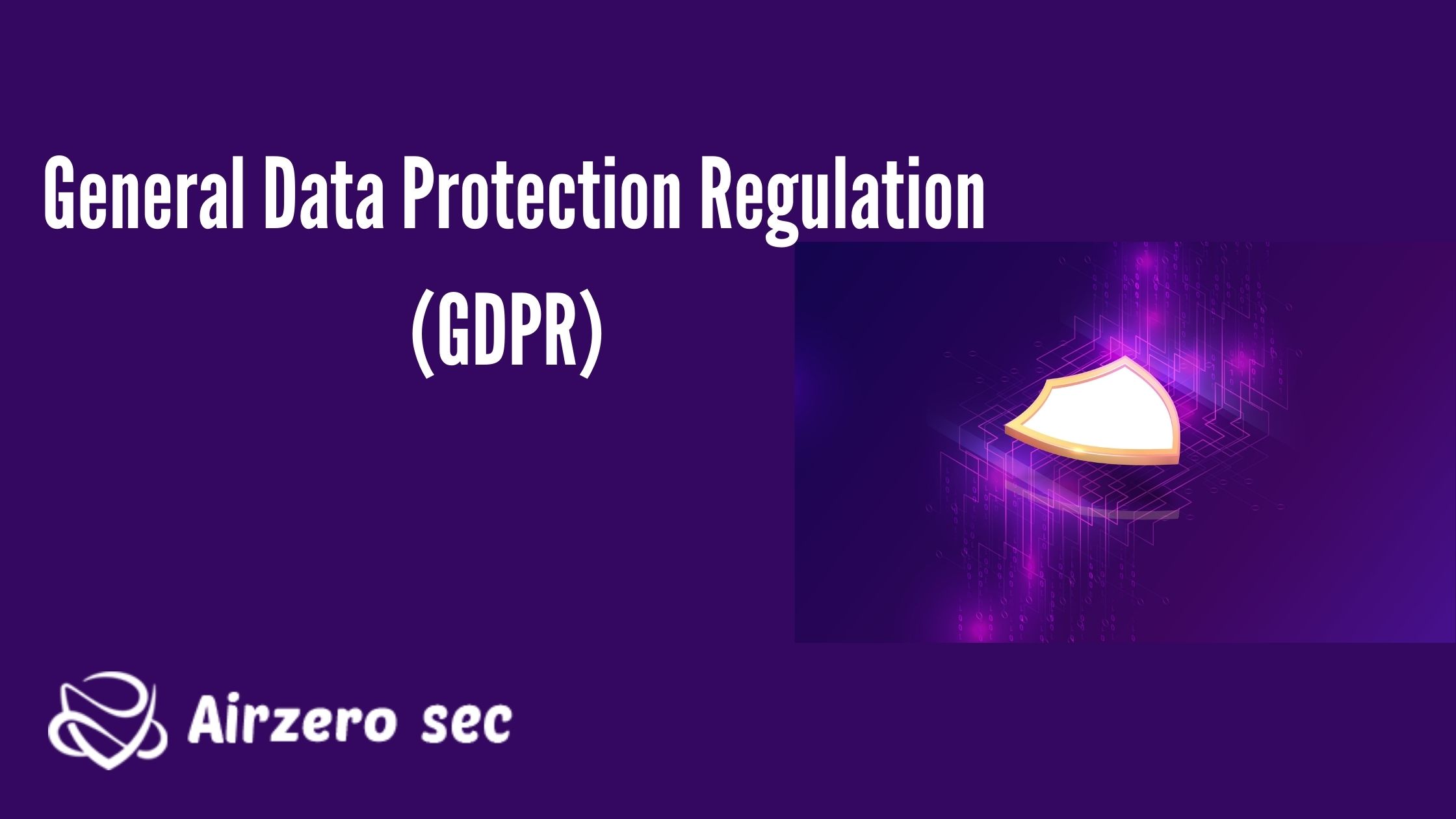
The General Data Protection Regulation is a legal framework that sets rules for the collection and processing of personal information from persons who live in the European Union. Since the Rules applies regardless of where websites have stayed, it must be heeded by all websites that attract European visitors, even if they don't specifically market goods to European Union residents.
The GDPR mandates that European Union visitors be given a number of data. The website must also take points to facilitate such European Union consumer rights as a timely notification in the event of private data being breached. That was in April 2016, the Regulation came into complete effect in May 2018, after a two-year transition period.
What are the Customer-Service Requirements of the GDPR?
Under the instructions, visitors must be told of data the site collects from them and explicitly consent to that details-gathering, by selecting on an Agree button or other action. Websites must also communicate with users in a timely way if any of their private data held by the site is breached. These European Union needs may be more stringent than those needed in the jurisdiction in which the website is placed.
Also mandated is an effort of the site's data security, and whether a dedicated data protection officer needs to be hired to carry out this function.
Information on how to contact the Data Protection Officer and other important staffers must be accessible so that visitors may exercise their European Union data rights, which also include the skill to have their presence on the site disappear, among other measures.
Does GDPR Apply to US Companies?
The GDPR applies to US businesses, regardless of their size in terms of revenue or staff, whether any of the below conditions are satisfying
- The company offers goods to EU and EEA residents.
- The company monitors the character of users inside the EU andEEA
Private data and behavior covered by the GDPR include names, contact details, device information, biometric information, photographs, and more.
GDPR compliance needs vary depending on the behavior of the company. For the moment, businesses with fewer than 250 employees do not need to maintain a record. However, this instruction applies only if the processing is not likely to pose a risk to the rights and freedoms of the data subjects if no special categories of data are processed.
Does GDPR Apply to US Citizens?
Depending on where they are situated, the GDPR can and also apply to US citizens.
The GDPR uses the term data subject to refer to the person whose data is being processed. Per most interfaces of the GDPR, whether the GDPR applies is dependent on where the data subject is when their data is processed, and not the citizenship of the data record.
Does GDPR Apply to the US Government?
The GDPR does not make blanket exceptions to governmental agencies. Therefore, if the US government targets or processes the private data of EU and EEA-based users, it will be expected to comply with the GDPR. This is true for all non-EU and EEA public agencies. The GDPR does afford a few non-border to member states of the EU and EEA.
One such exemption is that government agencies are excused from complying with certain conditions of the GDPR so long as private data is processed in public interest, such as for preventing and prosecuting criminal offenses or threats to public safety.
GDPR Requirements for US Companies
In the event that a US company is expected to fulfill the GDPR, it is wished to meet the same strict needs that companies situated in the EU are expected to meet.
The text of the GDPR is quite extensive, and ensuring compliance can be worrying. For organizations that must comply with the GDPR, the following are the key needs and features:
- Data Breach Notifications
- Data Protection Impact Assessments
- Privacy by Design
- Strict Consent Conditions
- Data Subject Access Requests
- Appointing a Data Protection Officer
GDPR Enforcement in the US
In Europe, power of the GDPR is located with the numerous supervisory authorities in the EEA and Switzerland. There are several mechanisms through which the GDPR can be powered in the US.
- If the company has a presence or assets in the EU and EEA, they can be seized for GDPR noncompliance.
- For companies without a physical presence in the EU and EEA, the GDPR mandates the appointment of a leadered who is physically located within the EU and EEA. In cases of GDPR noncompliance, this person would be a likely channel through which fines are levied.
- International law is another channel through which legal action can be taken. Given that it is mutually beneficial for national enforcement agencies to support each other, punitive actions may be pursued by the EU and EEA enforcement agencies. These agencies are likely to be assisted by public organizations in the country where the company is registered.
To sum up, especially for multinational companies, noncompliance will be pursued aggressively by the EU and EEA enforcement agencies.
GDPR Fines for US Companies
The national enforcement agencies of various EU and EEA countries have the legal means to enforce noncompliance fines and penalties on companies located outside of their territory.
Conclusion
Whether the GDPR applies is dependent on where the data subject is when their data is processed, and not the citizenship or nationality of the data subject. Any US company that serves customers in the EU and EEA — or tracks their character within this region — must fully comply with the GDPR.
If you have any questions about the above topic or have to get services and consultations against every serious cyber threat. Feel free to contact us. AIRZERO SEC will be your strong cyber partner. E-mail id: [email protected]
 Author - Johnson Augustine
Author - Johnson Augustine
Ethical Hacker and Data Security Researcher
Founder: Airo Global Software Inc
LinkedIn Profile: www.linkedin.com/in/johnsontaugustine/
